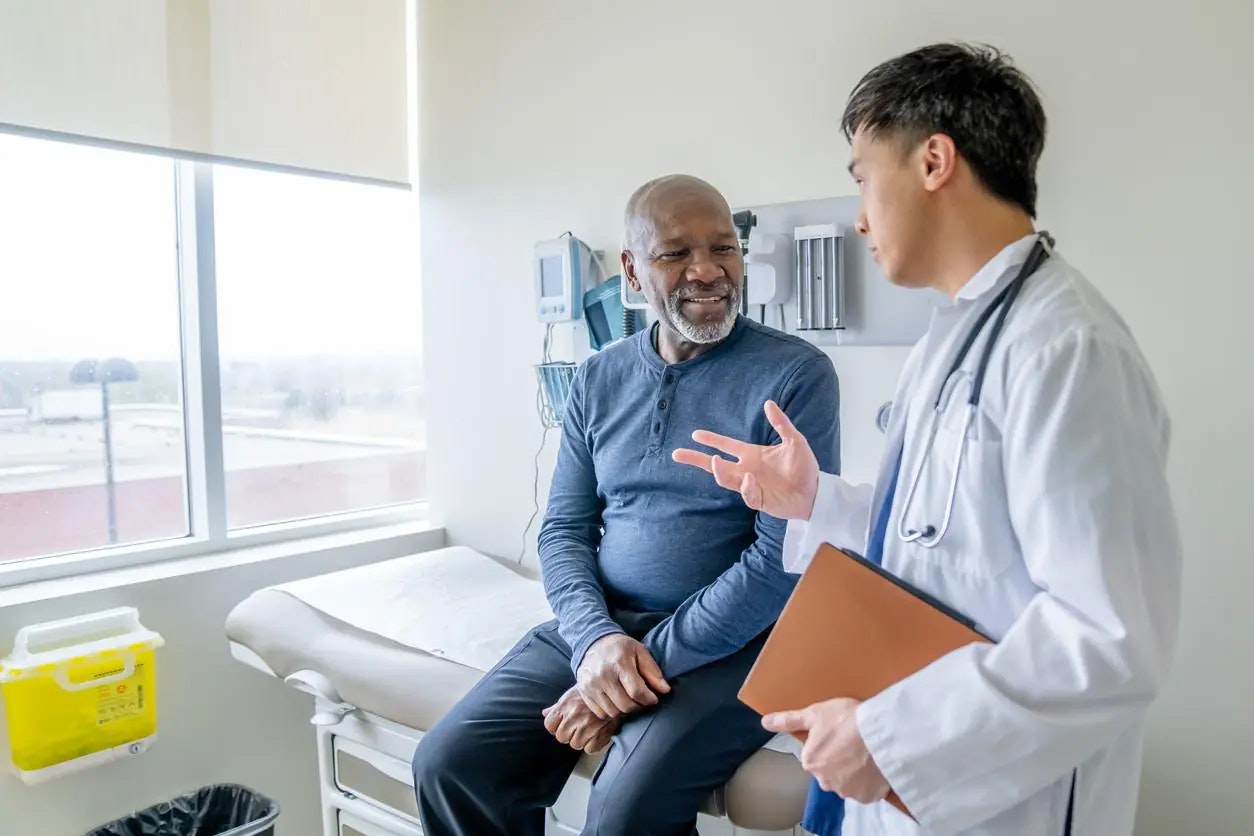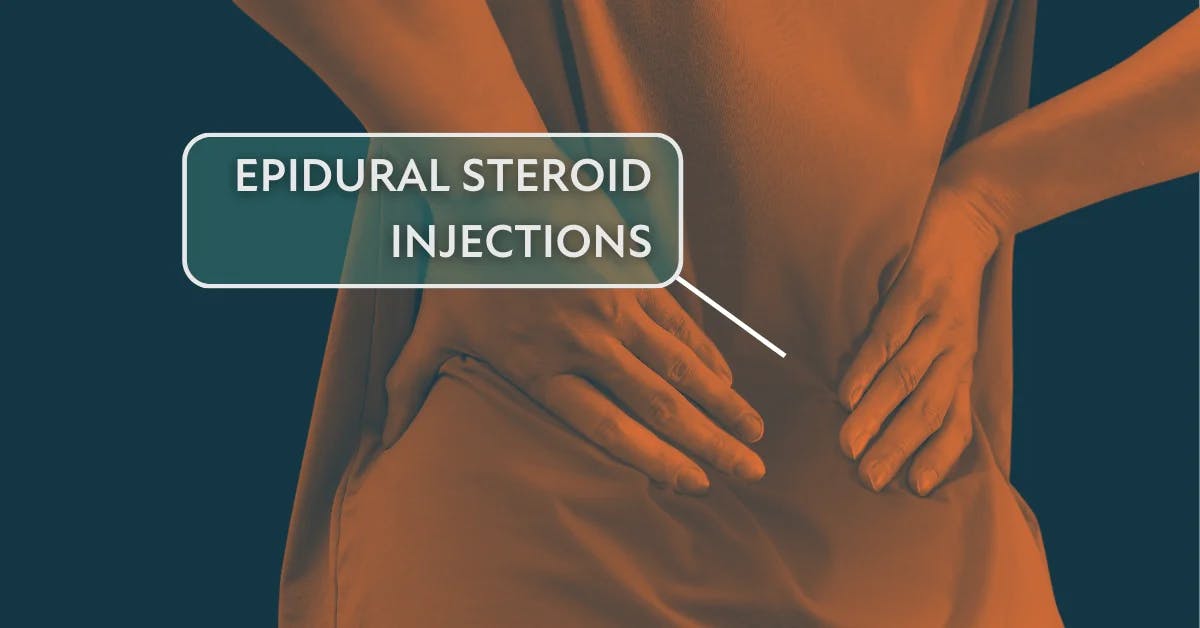When you're not feeling well, choosing the right place for care can make a big difference. Understanding the difference between urgent care and primary care—especially if you're looking for a family doctor near you—can help you save time, money, and ensure you get the best treatment for your needs.
What Is Primary Care—and Why Is It Important?
Primary care is the foundation of your long-term health. A primary care provider (PCP)—often called a family doctor—is your go-to for routine check-ups, preventive screenings, chronic condition management, and ongoing health support.
By getting to know your medical history, habits, and lifestyle, a family doctor provides personalized care that adapts to your needs over time. Choosing a family medicine provider near you helps you stay proactive about your health and avoid serious conditions down the line.
When Should You See a Family Doctor?
Your primary care provider is the best choice for:
- Preventive Care & Annual Checkups: Vaccinations, screenings, and wellness exams
- Chronic Condition Management: Diabetes, high blood pressure, asthma, and more
- Non-Urgent Health Concerns: Ongoing fatigue, rashes, joint pain, or digestive issues
- Medication Management: Prescription updates, renewals, or adjustments
- Referrals: Coordinating care with specialists when needed
What Is Urgent Care For?
Urgent care clinics are designed to treat non-emergency issues that still require quick attention. They’re a good option when your family doctor isn’t available, especially after hours or on weekends.
Visit urgent care for:
- Minor injuries like sprains, small cuts, or fractures
- Sudden illnesses like flu, sinus infections, or earaches
- Moderate symptoms like vomiting, sore throat, or fever
- Quick diagnostics like lab work or X-rays
- After-hours needs when your primary care office is closed
Key Differences between Primary Care and Urgent Care
When deciding between primary care and urgent care, it’s important to understand their key differences. Primary care—often provided by a family medicine doctor—focuses on long-term, ongoing care. It typically requires scheduled visits, though some clinics may offer walk-in options. These providers handle preventive care, chronic condition management, and overall wellness, usually at a lower cost with more predictable co-pays.
On the other hand, urgent care is designed for one-time, episodic treatment of acute but non-life-threatening issues, such as minor injuries or sudden illnesses. Urgent care clinics offer extended hours and walk-in availability, making them convenient when your primary care provider isn’t available. While they may have slightly higher out-of-pocket costs, they are a practical option for immediate healthcare needs that don’t require emergency room care.
When to Choose Primary Care Over Urgent Care
If your symptoms are mild to moderate and not life-threatening—and you have a family doctor—it’s usually best to start with primary care. Your PCP can offer better continuity of care, keep a record of your symptoms, and follow up to ensure your recovery.
However, urgent care is helpful for sudden, unexpected health concerns when your doctor is unavailable.
Looking for a Family Doctor Near You?
Choosing a family medicine provider gives you a trusted partner in your health journey. Whether you need a yearly physical, help managing a chronic condition, or simply want to stay ahead of potential health issues, a primary care doctor near you is your best resource for ongoing, personalized care.
Your Health Starts Here—Book an Appointment with a Family Doctor Today
Whether you're dealing with a new health issue or looking to establish ongoing care, the team at CLS Health is here to help. Our experienced family medicine providers offer compassionate, comprehensive care close to home.
Find a trusted family doctor near you and schedule your visit today.
Convenient locations. Same-day appointments. Personalized care for every stage of life.





